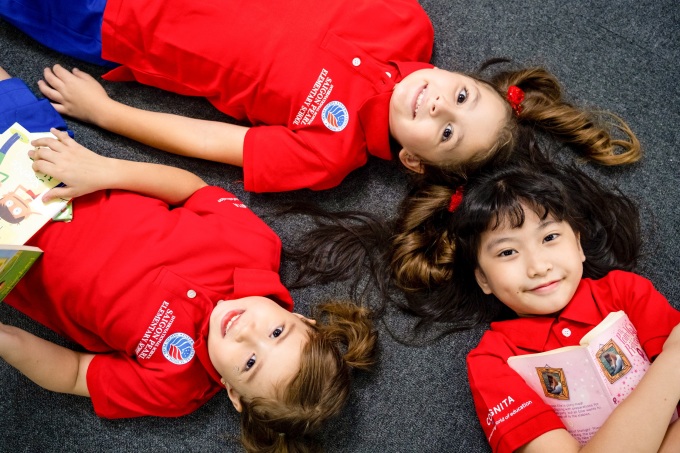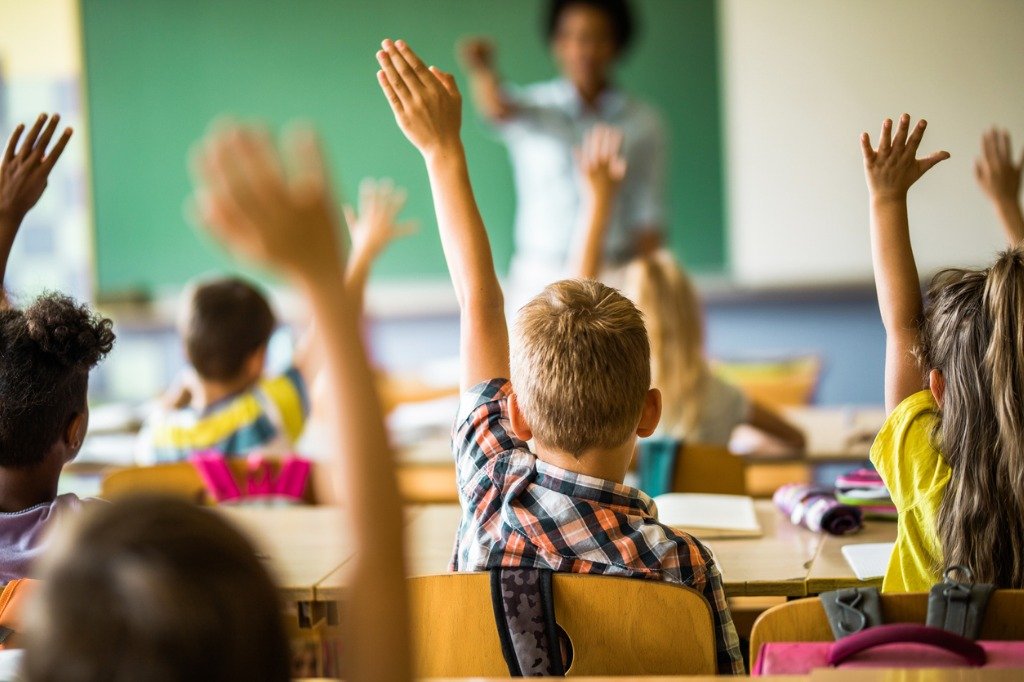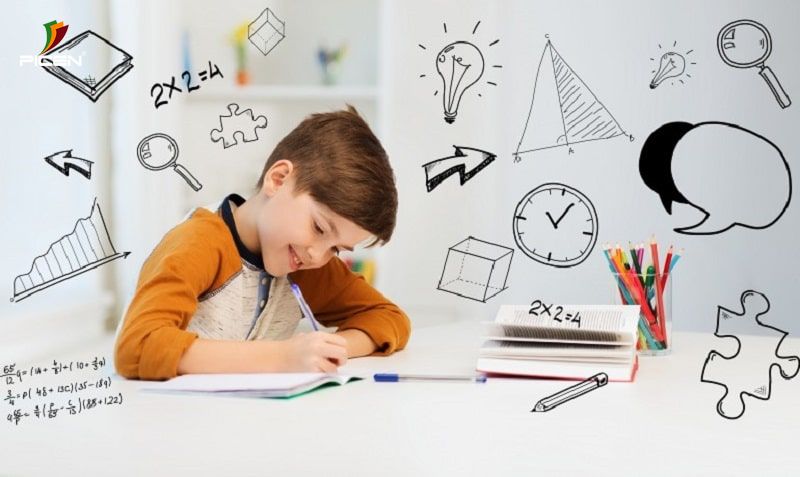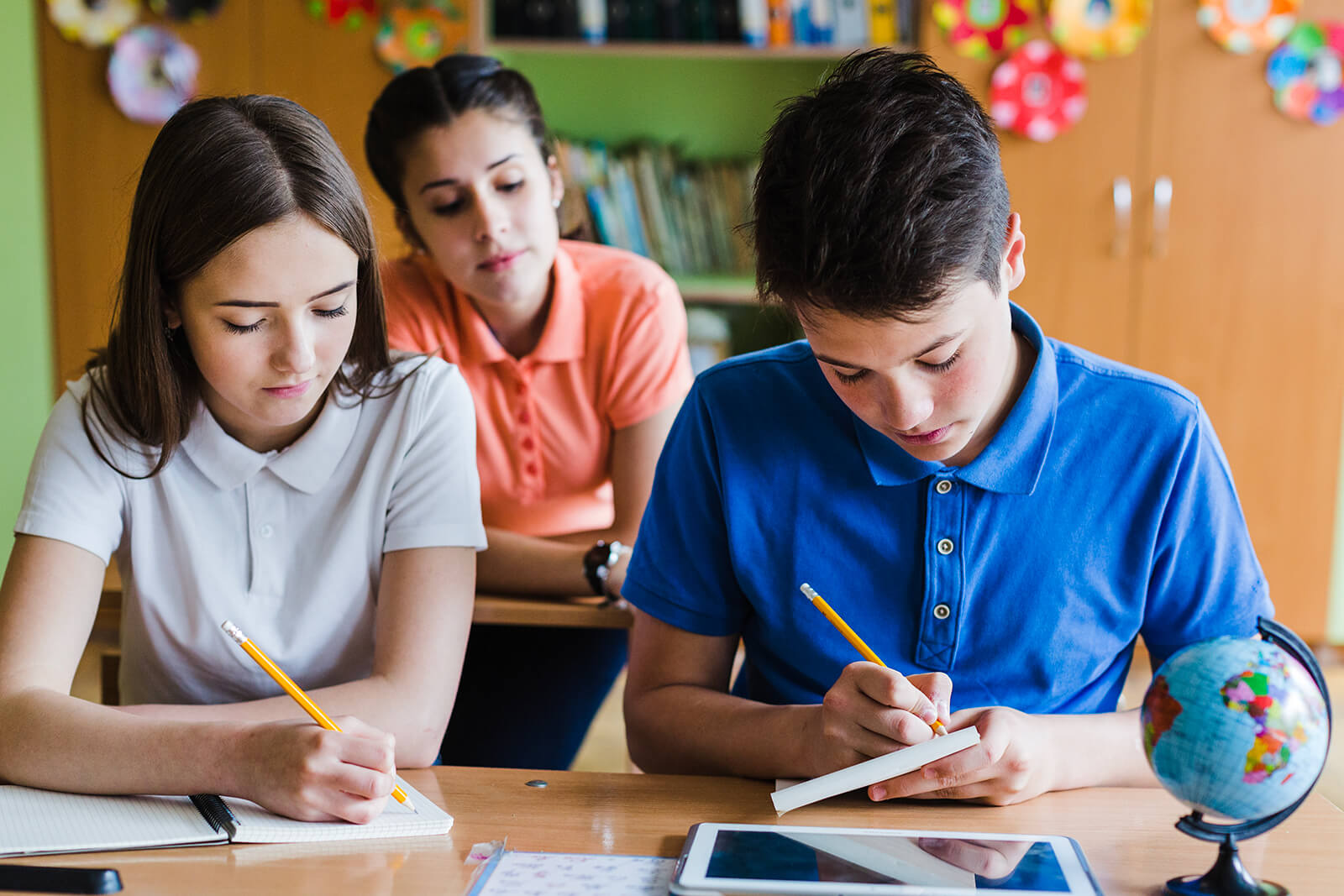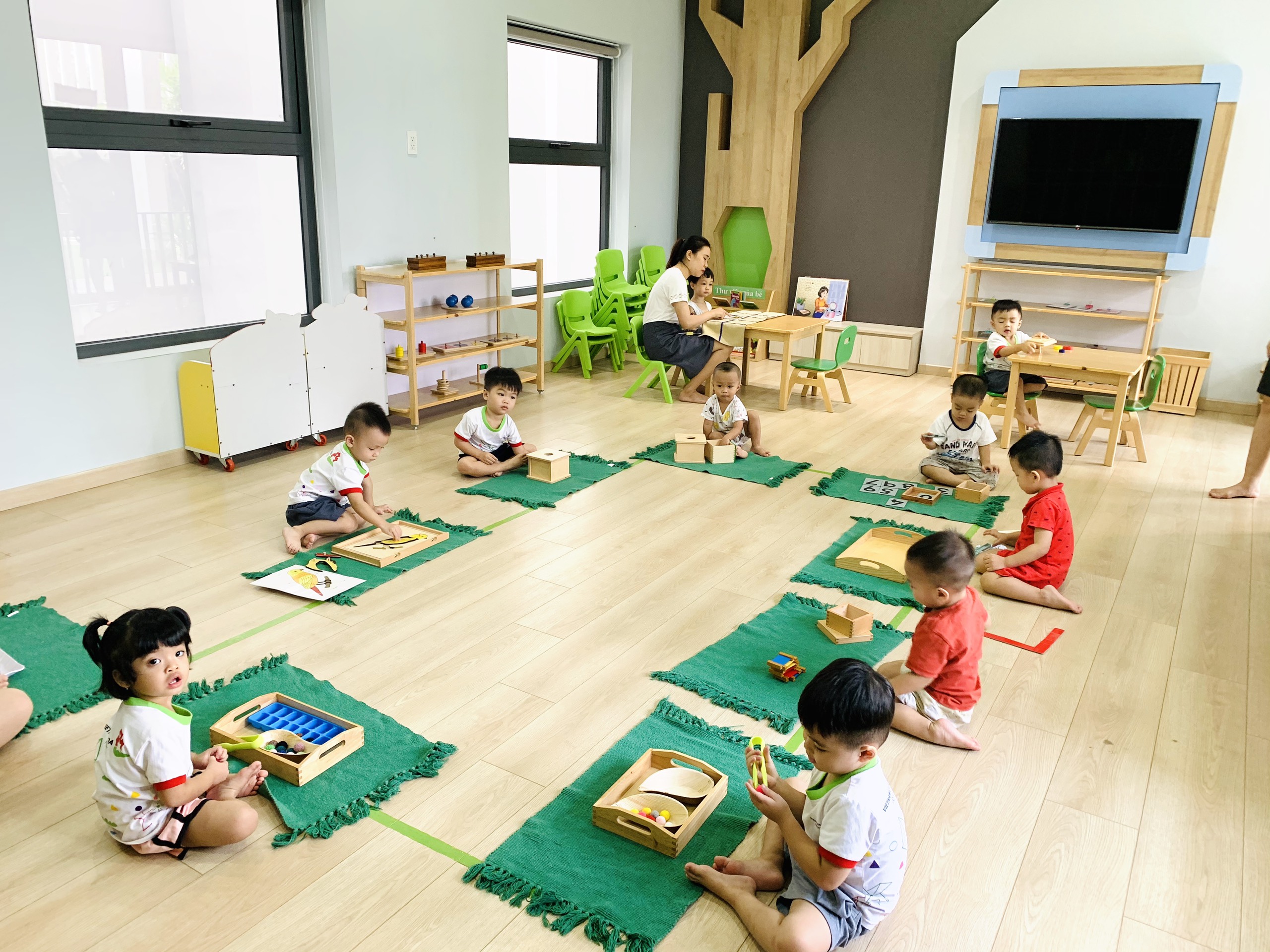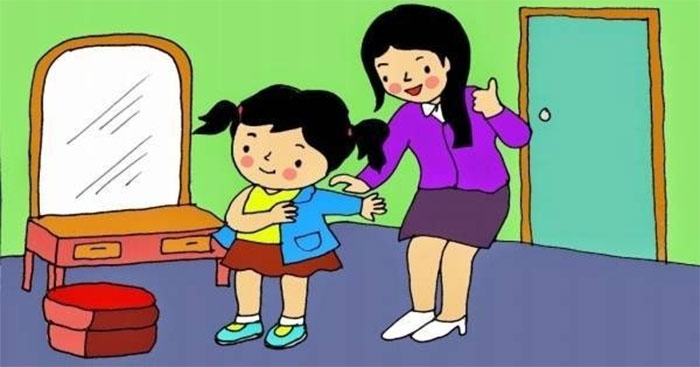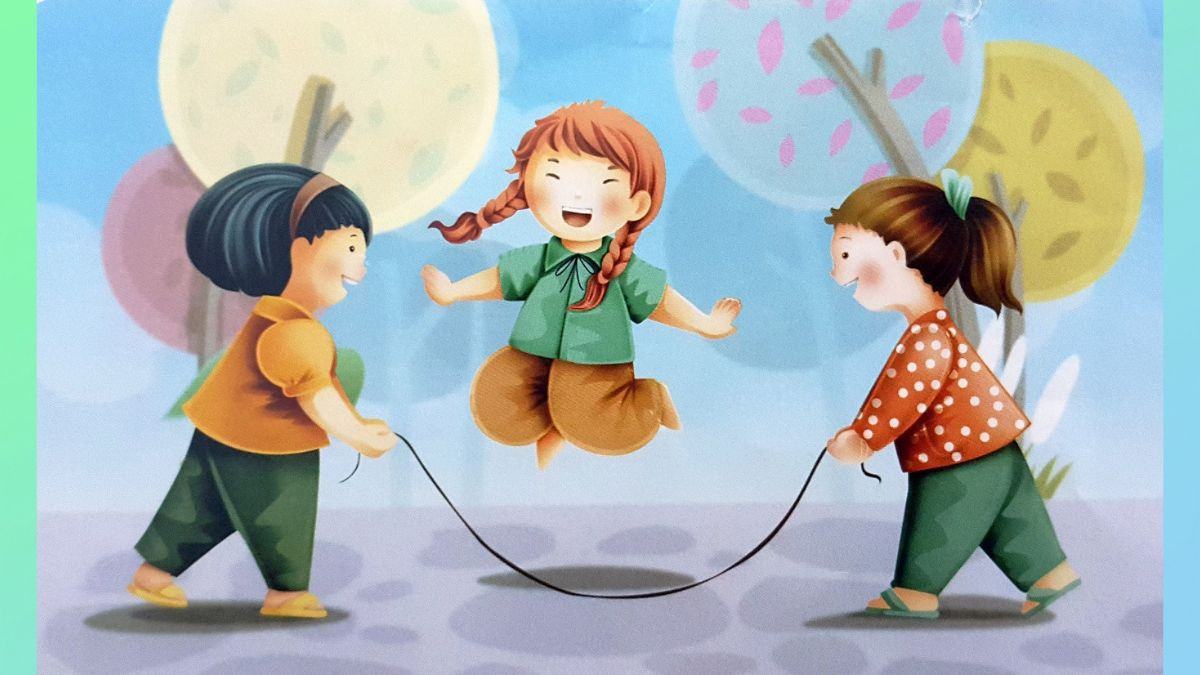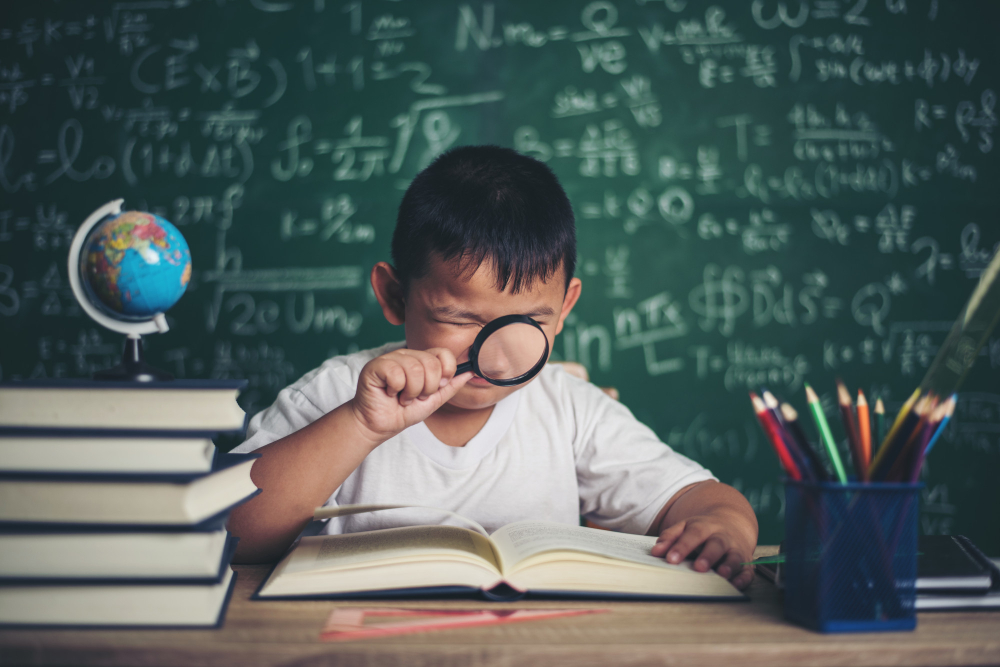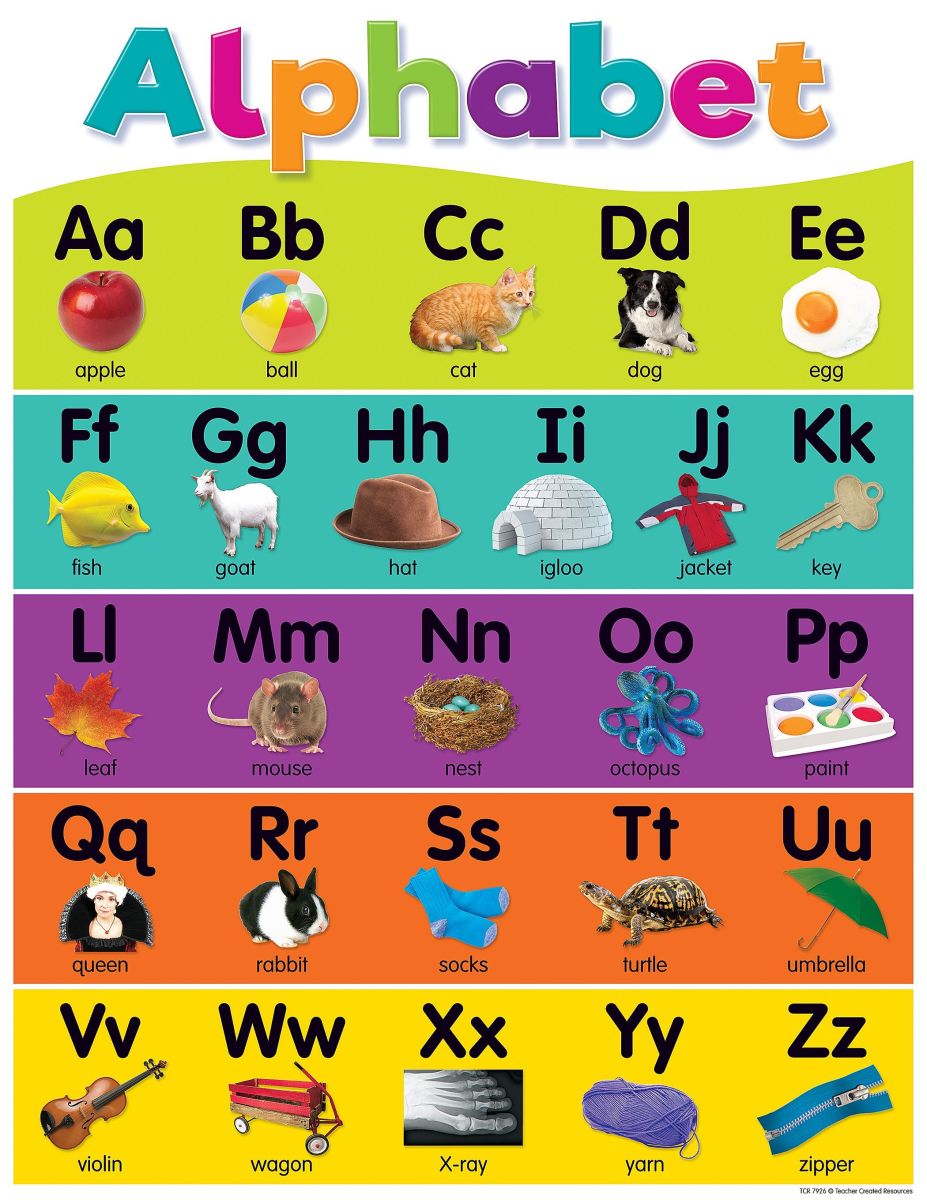-
According to Professor Joseph A Durlak (in the US), the academic results of students enrolled in social and emotional development activities are 11% higher than those who do not.
This is the result of an analysis based on 213 studies involving 270,000 students. This survey also shows that when equipped with knowledge and skills for social and emotional development, about 27% of students improve their academic performance and result; more than 57% conquer skill levels; about 24% improved social behavior, with lower levels of depression; 23% had improved attitudes and over 22% showed fewer behavioral problems.
Not only the immediate impact, the development of social and emotional skills also positively affects the adult life of children. According to the Fast Track Project’s nearly 20 years of survey data, researchers found that preschoolers who score higher in social competence are more likely to earn a college degree; more likely to earn a high school diploma and have a full-time job by age 25.
Therefore, parents and schools should focus on social and emotional development from kindergarten. Developed countries around the world have long adopted this approach to developing this aspect in order to provide a safe and positive learning platform, and to enhance students’ ability to succeed in learning and working as well as later in life.
Recently, McGraw Hill also conducted a survey with more than 700 educators and parents. They found that over 96% of the participants agreed that social and emotional development at school is very important.

Social emotions have a positive impact on children’s future academic, life and work outcomes. (Source: Internet) According to Mr. Lester Stephens – Principal of International School Saigon Pearl (ISSP), one of credible and high quality international schools in Ho Chi Minh City, social and emotional skills are essential for connecting with others, helping people to manage their emotions, build healthy relationships and empathy. Children begin to learn this skill at birth, gradually developing emotional awareness from interactions with caregivers.
Social and emotional education is an activity that teaches five core competencies, including: self-awareness, self-management, social awareness, relationship skills, and responsible decision-making. Preschools and primary schools can integrate many training activities to comprehensively strengthen this skill.
At International Preschool and Primary School Saigon Pearl (ISSP), students are encouraged to talk about their feelings. For children who have difficulty saying this, teachers will help children name and build trust to be more willing to express, for example, making suggestions, “you seem to be feeling nervous, can you tell me why?” On the contrary, teachers also actively share their feelings with students and encourage parents to do the same so that children can easily identify their own feelings.
Teachers at ISSP also emphasize that there are no bad emotions, all are natural, whether the experience is comfortable or not. Children need to see it as normal to feel sad, anxious or angry sometimes, and the best way to deal with it is to talk openly. However, adults should note that children control behavior instead of emotions. “it’s okay to talk about how you feel, but it’s not always good to act on your emotions,” she added.
To do this, ISSP has created a gallery about emotions; organizing diary writing activities; teach children to express through messages that begin with “I”, for example, “I feel happy because…”. After identifying, teachers should guide children on how to regulate and arrange their own emotions, especially negative thoughts during the period of social distancing. Children can do this through self-soothing and relaxation methods such as getting enough sleep, being physically active, sharing with others, or having positive self-talk.

ISSP students in Grade 5 practice harvesting rice like a real farmer. (Source: Internet) Besides, teachers also foster skills and develop social and emotional skills through natural interpersonal and student-centered interactions throughout the learning process. Thus, extracurricular activities are an indispensable part of educating children about social awareness and relationship skills. These events can help students interact better with each other, establish close social relationships within a certain area.
Last March and April, International Preschool and Primary School Saigon Pearl (ISSP) organized a picnic to Ta Lai for students in grades 3, 4, and 5. At Ta Lai, they were able to participate in planting trees, collecting trees and collecting flowers; harvest rice like real farmers, practice life skills and necessary social skills such as teamwork, communication with people around. After the field day, the students brought back 100kg of rice and support for underprivileged children under “friends for street children”. Thereby, children not only develop relationship-building skills but are also equipped with empathy and understanding of the community.
Ms. Kristin Wegner, Advisor, Student Support Coordinator and Head of School Safety at International School Saigon Pearl (ISSP) noted that especially in the current context, the outbreak of disease, social distancing. The meeting lasted for a long time, children in many places could not go to school, leading to a direct loss of connection with teachers and friends.
This has a significant impact on children’s social and emotional skills. Children may experience stress, loneliness, etc. Even when they return to school, children may have difficulty in the process of adjusting because they have to be away from their parents after a long stay at home. Therefore, according to Ms. Kristin Wegner, both before, during and after the epidemic, educational institutions should promote and maintain students’ social and emotional development, including teaching and modeling social and emotional skills, providing opportunities for children to practice and improve. At the same time, teachers can facilitate students to apply what they have learned in different situations.

ISSP students participate in online games with friends and teachers. (Source: Internet) During the time of social distancing, children’s opportunities to participate in activities with friends and teachers decrease. Therefore, teachers and parents can create a space for children to talk and listen through digital platforms. Maintaining eye contact with children, giving them the opportunity to finish speaking before the other person responds, and paying attention to their body language is important in developing constructive skills, Kristin Wegner notes.
Helping children make decisions
In addition, children need to be trained in the ability to make responsible decisions. Teachers and parents should discuss with their children conflicting situations or specific social problems. However, adults should let children figure out how to handle it under their guidance instead of helping them.
For example, in a particular situation, teachers and parents should let a child define, articulate, and describe how the problem affects his or her feelings. Then they start thinking about possible solutions. At this time, adults can help children come up with some solutions to the problem by writing on the cards with the content of asking someone for help, shouting, saying sorry, going away, etc. and using them to determine the pros and cons of each solution. Ultimately, children need to choose a safe and comfortable solution for themselves. “We should let the children try the chosen solution and see what happens. If it doesn’t work, they can try another solution,” Ms. Kristin Wegner emphasized.
In addition, schools should also have activities that support morale and create an environment of voice, autonomy, and ownership experience for students. This helps students feel more comfortable expressing their emotions and making responsible decisions. At the same time, the school may have an additional mental care department for students with counselors, social activities, psychologists, etc. From there, they can receive help and orientation in a correct and timely manner.
Source: vnexpress.vn
Student’s academic results increased by 11% with social and emotional development
According to Professor Joseph A Durlak (in the US), the academic results of students enrolled in social and emotional development activities are 11% higher than those who do not. This is the result of an analysis based on 213 studies involving 270,000 students. This survey also shows that when equipped with knowledge and skills for […]
Đã cập nhật 26 tháng 4 năm 2022
Bởi TopOnMedia
Tags:
ISSP Backlink
